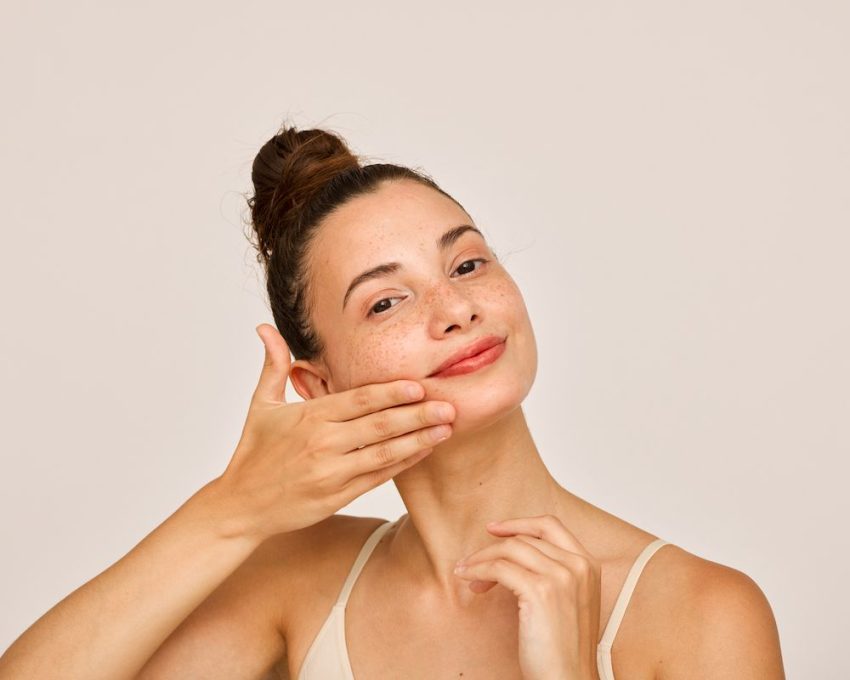This Summer is the time of year when chai is less popular and Skin care soda becomes more readily available. Cotton will soon be the preferred fabric and anything synthetic will become a no-no. Suede shoes are put away and umbrellas will be used to keep your sunscreen company. Summer is finally here. With it comes a host of skin-care issues.
Dry skin becomes patchy, while oily skin gets even more oily. Acne is causing breakouts and pimples. There are rashes, roughness and rashes. You can glow this summer with just a few changes to your skin care routine. These summer skin care tips can be very useful. We of Skin and Hair Clinics, a leading dermatologist and the founder of Skin and Hair Clinics, for her expert advice on how to deal with the heat.
What happens to our skin in the summer?
According to it’s time to switch up your skin care regimen. If you do not take good care of your skin, the Indian summer sun can be harsh. Just like your wardrobe, you should also change your skin care routine according to the season.
Too much sun can be bad for the skin. Overexposure to the sun can also cause skin premature ageing. Too much sun exposure causes the production of melanin, a pigment in our skin. A prolonged exposure to the sun can change your skin’s colour, or even cause tanning. It is for this reason that sunscreens should be used regardless of skin type.
Here is a comprehensive list of summer skin care tips for all types of skin.
1. Face care
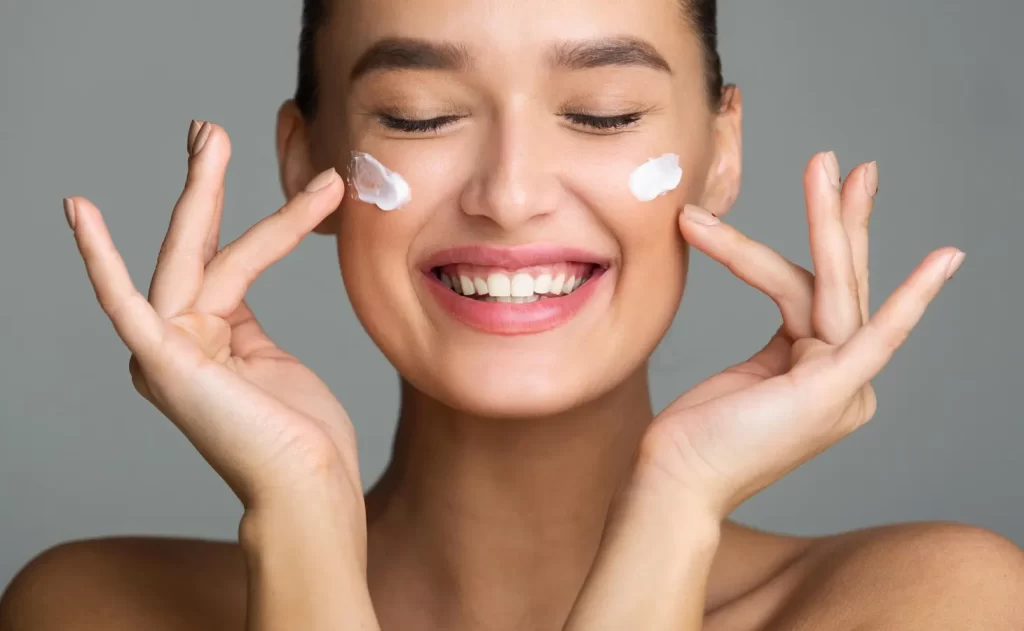
You should take care of your face 365 days a year. The summer months require a skin care routine that will hydrate and keep it free of grime and dust. During these hot months, keep your face free of sweat and dust. Many people experience breakouts and pimples during these months. If you’re one of those people, splash water on your face at least three to four times a day. You don’t need to wash your face every time. Just use clean water.
Dermatologist suggests exfoliation to keep the face clean. “Using a scrub one or two times a week during summers is important for all skin types, but which scrub you use depends on your type of skin.” Multitani mitti, chandan rose water, basil and multani mitti are all good for acne-prone skin. If you have mature and dry skin, you can use curd, egg whites, turmeric, chandan with a little bit of besan and a pinch if chandan.
Related: Avoid these 5 summer skincare mistakes
2. Weather appropriate products

Now, the thick creams that you used in winter are no longer effective. Use them on very dry parts of your body, like the feet. The summer months require products that allow your skin to breathe. Lighter lotions and serums are best. Blocking products can worsen skin problems.
Water-based moisturizers are best for skin types with normal moisture levels. Gel-based moisturizers work best for oily skin. that facial sprays containing minerals are best for extra oily skin and skin prone to acne. She adds that adding natural moisturizers such as glycerin or rose water to bath water can help a great deal. Applying plain curd on dry parts of the body for 10-15 minutes before bathing also works wonders.
3. Keep it simple
It’s a common misconception that your skin can never get dry in the summer. Your skin can dry out just by moving in and out air-conditioned rooms. It is not only for the face, but also for your entire body. Be sure to follow the ancient principle of cleansing, toning, and moisturizing your skin before you go to sleep. Sweating may cause the pores on our skin to open. To close the pores, you need to use toner after cleansing your skin. Summer is the perfect time to stick to your basics, as the UV rays from the sun can cause premature ageing.
4. Sunscreen is important
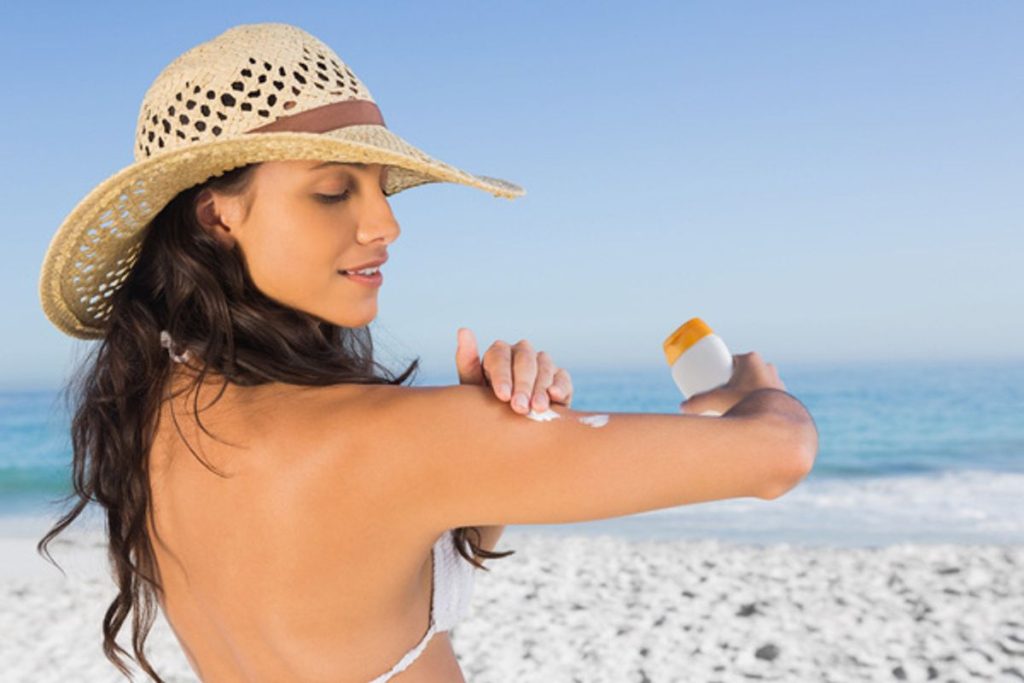
Wear sunscreen every day! The UV rays are harmful to your skin at any time, but they’re more dangerous in summer when we get exposed to them. Choose a sunscreen which gels and absorbs quickly into the skin. Apply sunscreen 20-30 minutes prior to going out in the sun. Reapply sunscreen as needed if you plan to swim. Applying sunscreen can help minimize sun spots, and even delay the appearance of wrinkles and fine lines.
Recommends changing your brand every six months. Yes, even people with oily or combination skin should use sunscreen. For oily skin, a gel-based sunscreen should be used, while combination skin and dry skin can use a sunscreen moisturiser with a matte finish. She suggests using a cream-based sunscreen that absorbs well and doesn’t leave a residue.
5. Natural remedies
Never undervalue what your grandmother said! You can soothe your skin in the summer with ingredients from your own kitchen. The two ingredients lemon and tomato will keep your skin looking fresh. To use tomato quickly, juice the tomatoes (without adding water) and then freeze the juice in your regular ice trays. You can use this juice as a gentle exfoliant every other day. Let the juice dry before removing it. Lycopene, found in tomatoes, is great for facial skin.
6. Eyes and lips are important
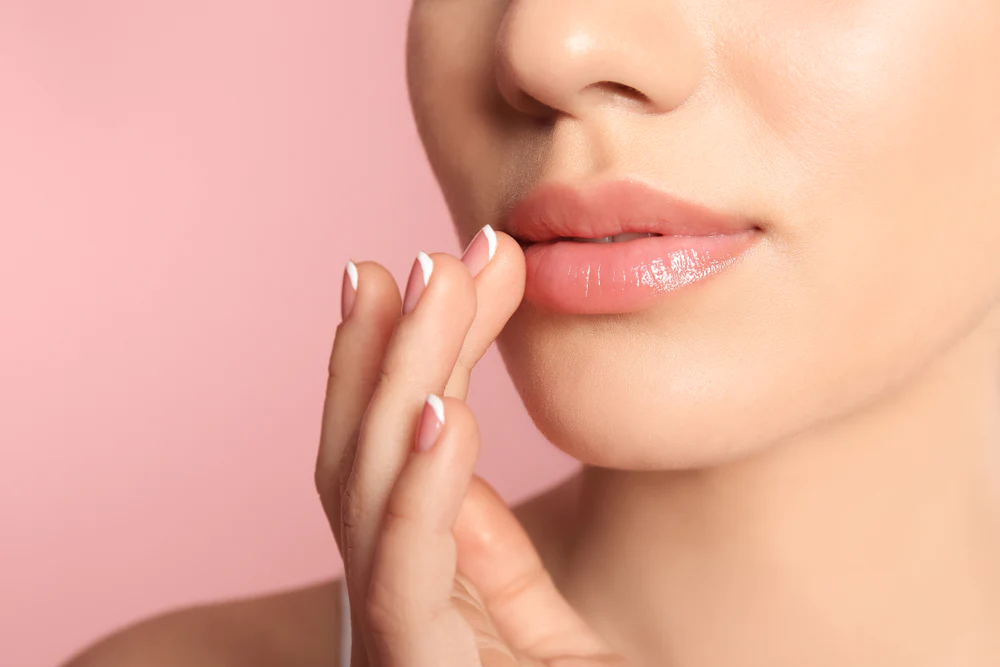
In the summer, between 12 and 4 pm is when the sun’s rays will be at their most intense. These times are the worst to be outside. When you go out, wear sunglasses to protect your eyes and lip balm to protect your lips. We forget how delicate the skin around our eyes is and that it needs special attention. Wash your eyes with cold, clean water if you feel that they are burning due to heat. Potato juice dipped into a couple of cotton pads can also be soothing. Consult a doctor if the problem persists.
7. Maintain hygiene
The heat can be combated by maintaining good hygiene. Bathing twice daily will keep your skin hydrated and help you combat summer fatigue. A bucket-bath containing neem can be helpful if you suffer from prickly skin. Regular bathing can be beneficial for people who have body odor. The chlorine in pool water speeds up tanning. This is why we tend to tan more than usual. After swimming, make sure to bathe your body in order to remove the chlorine.
“Soaking your hands and feet with water that is enriched with salt can help to boost blood circulation. Afterward, applying a cream containing Vitamin C and urea should also help.
8. Cooling foods
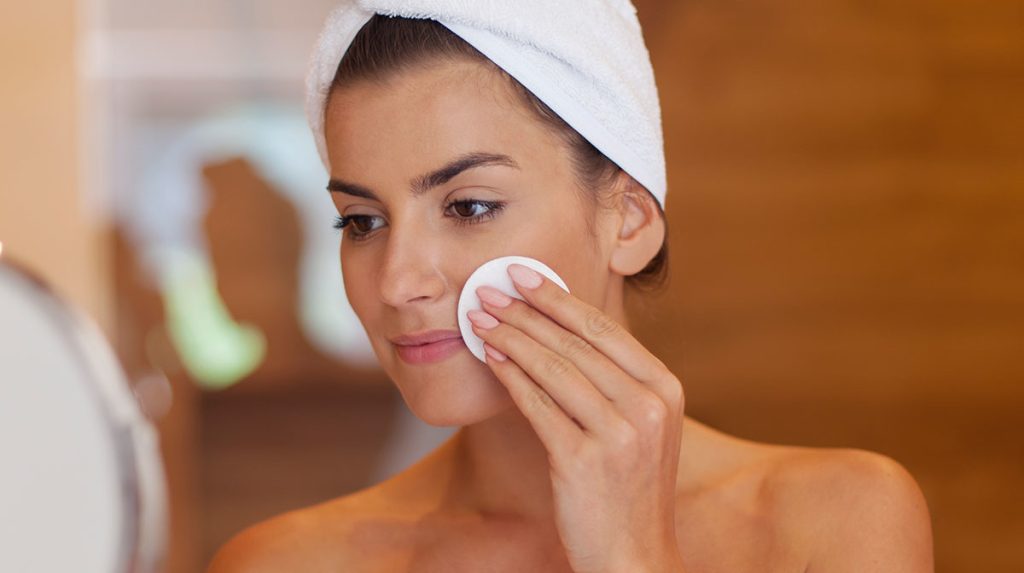
How we feel and look is largely influenced by what we eat. In a climate like this, eating heavy food will make you feel sluggish. It can also make your skin oily, making it more susceptible to breakouts. Choose seasonal fruits and veggies. Avoid sugary drinks, which are high in calories. Water is the best drink to consume. Aim for 8-10 glasses a day. To hydrate and feel refreshed, try vegetable juices or natural alternatives such as nariyalpani.
9. Wear breathable fabrics
Cotton and lighter materials are essential to combat the heat. Tight clothing can cause irritation, and sweaty areas of the body will itch even more. Chronic conditions can lead to skin infections and rashes.
10. Sun – don’t be afraid
Don’t fear the sun, it can improve your mood. The sun helps us to produce more seratonin, a hormone that boosts our mood. Winter days without sun can be depressing. You should balance outdoor travel with good skin care and protection from harmful sun rays.
Read more:

